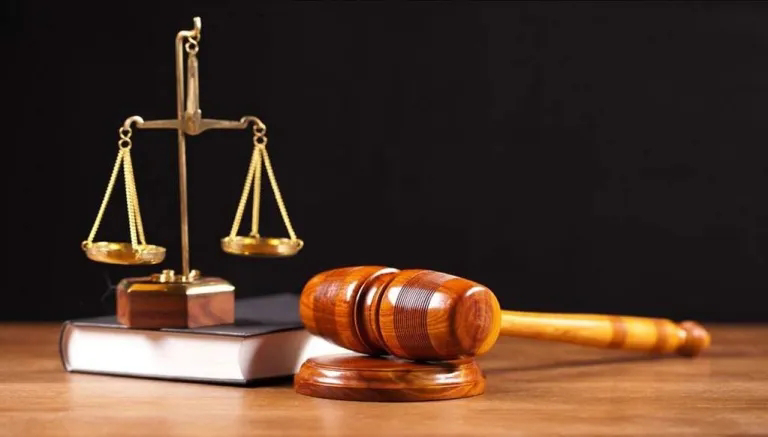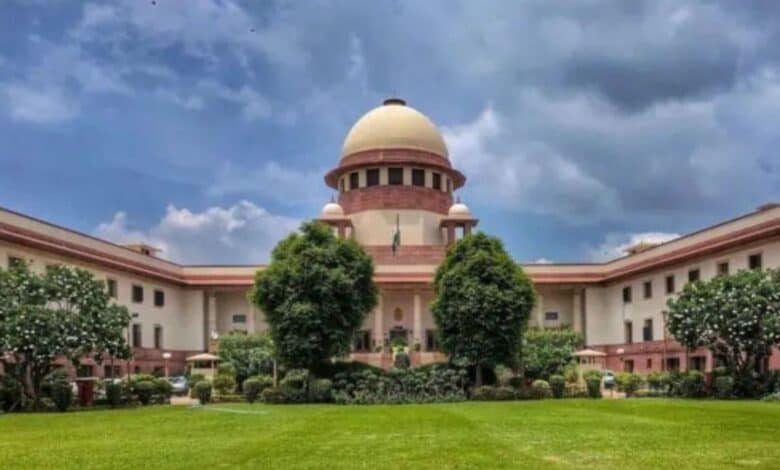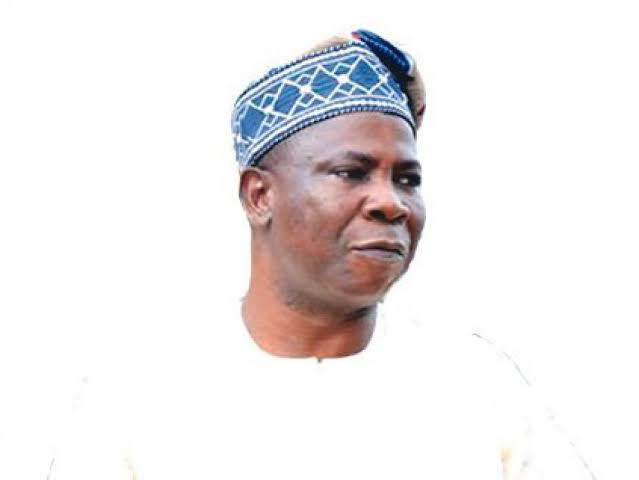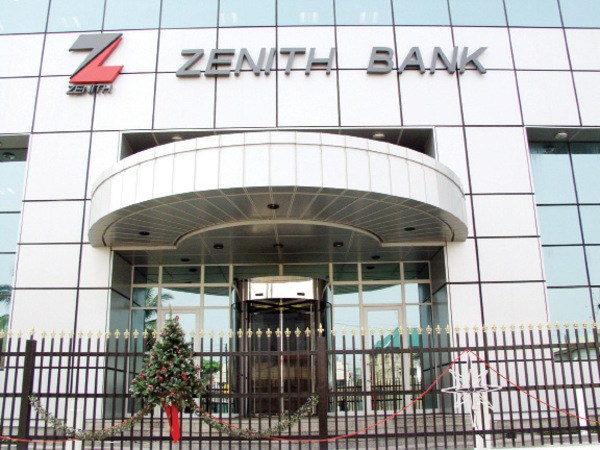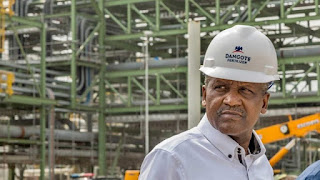The Federal High Court in Abuja on Thursday ruled against the Economic and Financial Crimes Commission (EFCC)’s bid to re-examine its third witness in the ongoing trial of former Kogi State Governor, Yahaya Bello, over alleged money laundering.
Presiding judge, Justice Emeka Nwite, declined the request, stating that the EFCC could not re-question its own witness unless that individual had been declared hostile.
He emphasized that any further questioning must remain within specific limits of earlier testimony.
“The prosecution is only permitted to re-examine based on specific parts of Exhibit 19 — pages 1, 14, and 15. Any attempt beyond that would be outside the bounds of the law,” the judge said.
During the session, EFCC lead counsel, Kemi Pinheiro, SAN, described the trial as political, arguing that Bello is not just any defendant but a former presidential aspirant. This prompted a sharp response from the judge who remarked, “If this is a political case, perhaps those handling political matters should be the ones in charge.”
Earlier, EFCC witness Nicholas Ojehomon, an internal auditor at the American International School in Abuja, testified that no school fees had been transferred by the Kogi State Government or any of its local councils.
He also referenced a previous court ruling which found no legal order mandating the school to return any funds or labelling them as criminal proceeds.
Following Ojehomon’s testimony, another witness, Mshelia Arhyel Bata — a compliance officer from Zenith Bank — took the stand.
He confirmed that bank statements submitted were properly documented with certificates of identification, and the court admitted them as exhibits. Bata also explained that prior to Nigeria’s cashless policy, government accounts were allowed to withdraw up to ₦10 million per cheque.
He detailed several transactions from May 2016, including multiple ₦10 million cash withdrawals and more than ₦1 billion in credits in January 2018. When the EFCC tried to question the nature of the withdrawals, Bello’s lawyer interjected, suggesting the funds were part of constitutionally allowed security votes.
The hearing has been adjourned until Friday, June 27, for further cross-examination by the defence.


